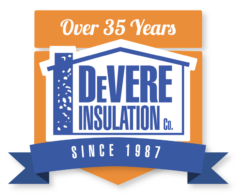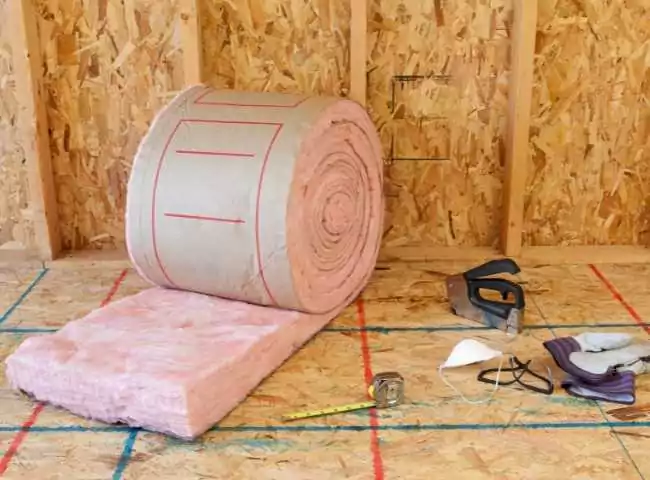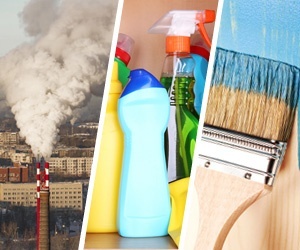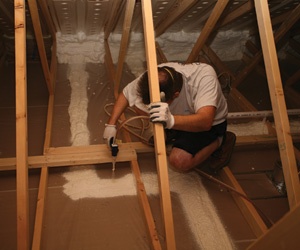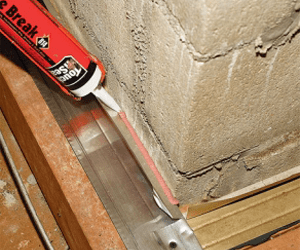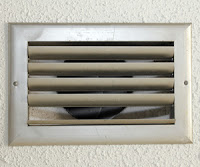Updated April 2024
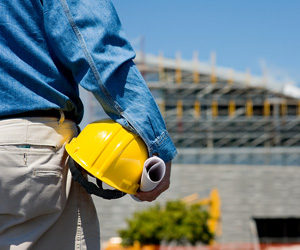
We’ve compiled four straightforward steps you can take to ensure your new construction project is insulated properly from the start.
Sealing the Cracks: Battling Air Leaks
Often, newly constructed homes and businesses are full of sneaky air leaks around many areas including windows, doors, and attic hatches. These small gaps are major culprits of energy loss, but thankfully there’s a simple remedy. With a bit of caulking, weatherstripping, or can foam insulation, you can air seal those gaps tight, banishing the drafts and keeping heating and cooling where it belongs–inside the building.
Elevating the Attic: The Key to Temperature Control
The attic, often overlooked but oh-so-important, holds the key to maintaining a comfortable living environment year-round. In winter, it’s a prime spot for heat loss, while in summer, it becomes a magnet for unwanted heat gain. The solution? Attic insulation. Whether choosing the timeless classic fiberglass batts or opting for the efficiency of spray foam insulation, investing in your building project’s attic insulation during construction will pay dividends many times over for future residents in both comfort and energy savings.
Fortifying the Walls: Battling the Elements
Depending on the construction of your home or business project, your walls may need some extra TLC in the form of insulation. Loose fill cellulose or fiberglass insulation are popular choices for existing walls, offering effective protection against heat loss and ensuring a snug living or working space regardless of the weather outside. Wall insulation also helps with lessening exterior sounds, giving occupants a more peaceful interior.
Seeking Professional Guidance: When to Call in the Experts
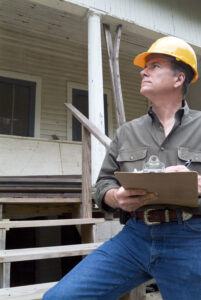
Plus, an insulation professional will be well versed in Maryland’s energy codes and required insulation levels for new homes and businesses. Maryland’s energy code calls for the following amounts of insulation to be installed in buildings:
Ceilings: R-49
Walls: R-21
Floors: R-30
Basement Walls: R-13
These numbers can be confusing but remember, R-value represents insulation’s thermal resistance value, and the required R-value is the amount of insulation needed for our climate zone. When choosing a professional, it’s important to find one that pays special attention to not just meeting these energy codes, but also optimizing your new home or business building project’s energy efficiency.
The Rewards of Insulation: Beyond Comfort and Savings
The benefits of properly insulating your new home or business construction project extend far beyond mere comfort and savings on energy bills. By ensuring your project’s installed insulation is adequate from the start, future owners will not only enjoy a more comfortable working or living environment year-round, but it will also increase the structure’s energy efficiency and boost its overall value. Help future owners say goodbye to pesky drafts, high energy bills, and temperature fluctuations–and hello to a home or business that’s as cozy as it is cost-effective.
Transform Your New Home or Business Building Project with DeVere Insulation

Our guide provides a solid starting point, but for personalized insulation recommendations tailored to your new construction’s specific needs, contact us today to consult with our team of insulation experts at DeVere Insulation. With our wide range of insulation materials and decades of experience in air sealing and insulation, we’ve grown to become Maryland’s largest and most trusted independent insulation contractor. You can count on us to help you unlock the full potential of your new home or business building project while keeping future energy bills in check.
